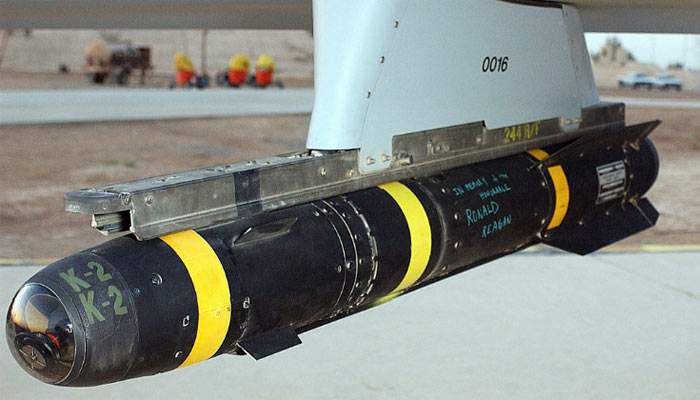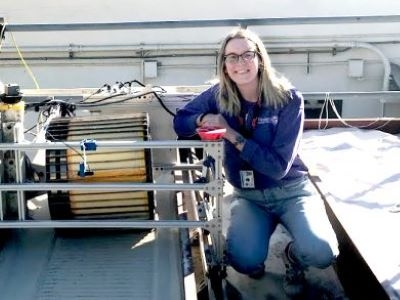Carleton University’s Department of Philosophy instructor, Dr. Jason Millar, is bringing an important interdisciplinary perspective to Mechanical and Aerospace Engineering through his work in ethics, technology and society.
An executive member of the Open Roboethics initative (ORi), a Vancouver based think tank run out of the University of British Columbia, Millar and others within the initiative recently conducted an international survey to gauge public opinion on the development and use of Lethal Autonomous Weapons Systems (LAWS).
ORi’s survey aims to gain insight into the following key questions: What kinds of decisions are we comfortable delegating to machines? And what kinds of decisions should remain in human hands? Should robots be allowed to make life and death decisions? Who gets to decide?

The survey defines LAWS as “weaponized systems in which the system, without requiring human intervention, makes the decision to use lethal force.” These differ from Remotely Operated Weapons Systems (ROWS), which are defined as “weaponized systems in which a person in a remote location makes the decision to use lethal force.”
While ROWS are currently being deployed for military action, to ORi’s knowledge governments world-wide are not currently using drones in ways that would qualify them as LAWS and they also deny any intention of deploying LAWS. However, the current use of ROWS, and the prospect of LAWS, have sparked an international conversation about the ethics of developing and using these weapons.
According to Millar, some Lethal Autonomous Weapons are already in use in the form of “sentry drones” that can be set to fire on any moving target that comes within range. “The technology currently exists that would allow for aerial and other drones to fire autonomously (without human oversight) on specific targets, which is why we need to develop policies to address these prospective weapons,” he states.
“As it currently stands, the international community is trying to decide whether or not to pursue action under the auspices of the UN,” notes Millar. “It is also important for individual states to decide how to deal with the ethics and governance of LAWS. As part of that process ORi believes it is important to engage international publics in order to help shape whatever international action or domestic legislation emerges in relation to LAWS.”
Founded in 2012, the objective of ORi is to “enable robotics and artificial intelligence (AI) technology stakeholders to work together to understand, inform and influence the role of robotics and AI in society,” says Millar. “This is an important discussion as technology and human behavior become increasingly intertwined. At no time are the stakes higher, than when human lives are in question.”
Click here to view the full survey.



